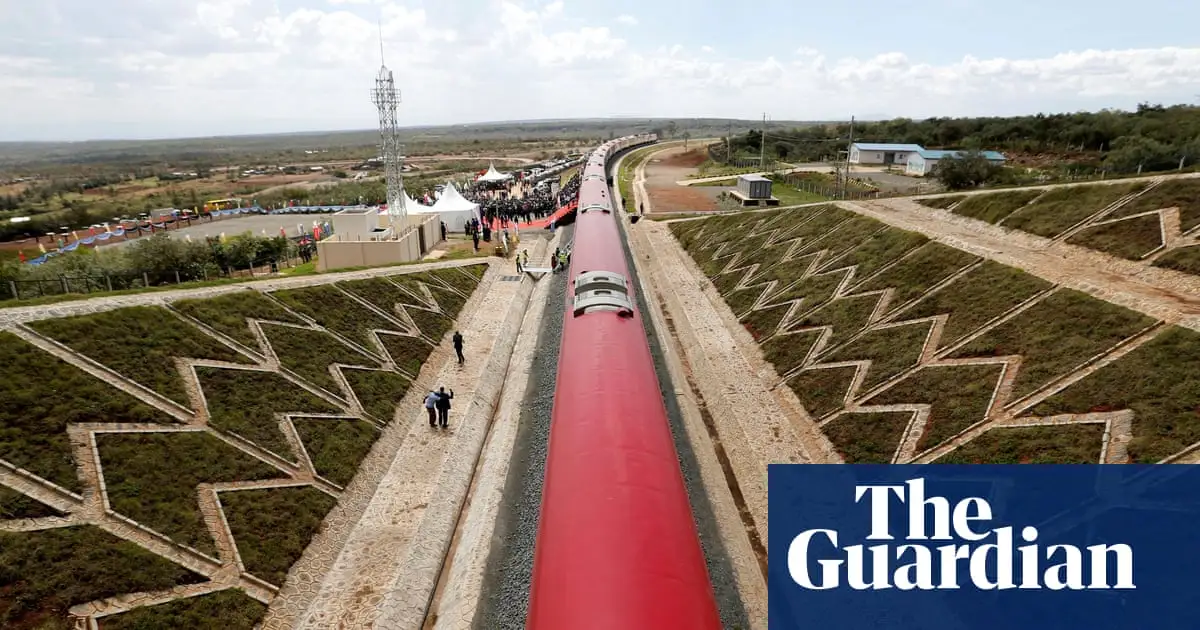This was the entire point. If you loan out money that immediately gets paid to construction firms you own, you’re effectively just charging people (with interest) to be neocolonialized.
🤖 I’m a bot that provides automatic summaries for articles:
Click here to see the summary
Lending from Chinese state-backed banks has helped to build railways in Kenya and power plants in Cambodia, along with thousands of other projects.
To mitigate the risk of future defaults, Chinese policymakers have introduced a number of measures, including reducing loans for infrastructure projects while ramping up emergency lending.
China has created “a safety net” for countries in financial distress – “and, by extension, their highly exposed Chinese creditors”.
The AidData report cites figures from the Gallup World Poll which shows that public approval ratings for China in low- and middle-income countries fell from 56% in 2019 to 40% in 2021.
But the AidData researchers found that between the early years of the BRI (2014-2017) and the latter period (2018-2021), Chinese lenders increased the maximum penalty interest rate for late repayments from 3% to 8.7%.
Bradley Parks, one of the report’s authors and the executive director of AidData, said: “Beijing is trying to find its footing as the world’s largest official debt collector at a time when many of its biggest borrowers are illiquid or insolvent.
Saved 71% of original text.
I always wondered this, what happens if a country in debt gets conquered by another entity? Are the debt still valid?
As with everything concerning international law: it depends on the weapons and strategic alliances of each entity.
There are several reasons why China is ramping up ICBM production, the possibility of a country in debt “switching sides” in order to avoid payment, is likely one of them.
Hopefully this will be helpful (to understanding this type of debt):
Not saying it will be repaid, but at least the article goes into how debt is handled when governments change hands.
I do feel many of these nations should just straight up rent ports and such to China instead of taking the loans, in exchange for a lump sum payment, with restrictions for military use/limitations, and usage in support of war.
Might not get quite as much money, but seems far more favorable than the outcomes of belt-and-road loans (not just in the unlikelihood of debt repayment, but how the funding is used [vendor/company restrictions]).




